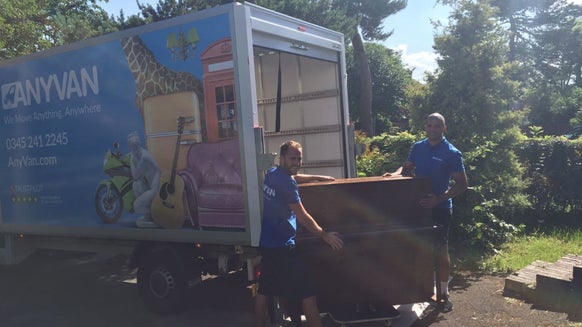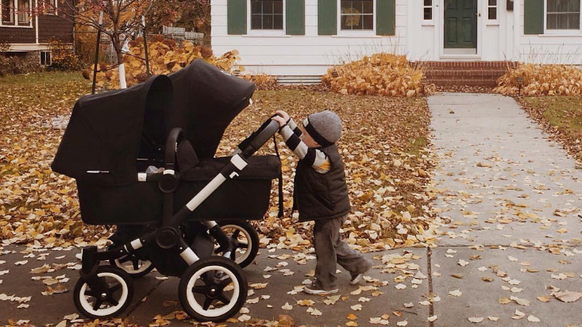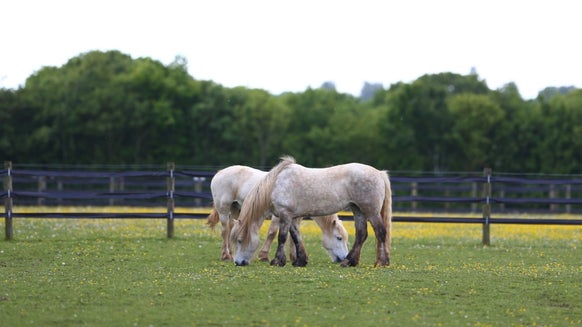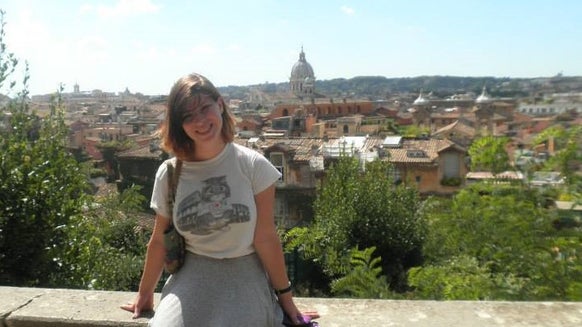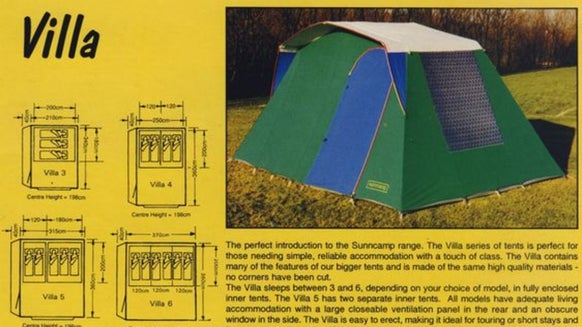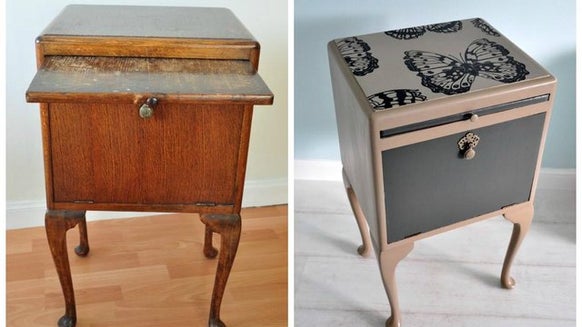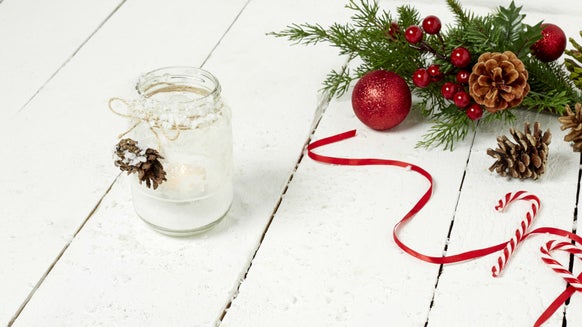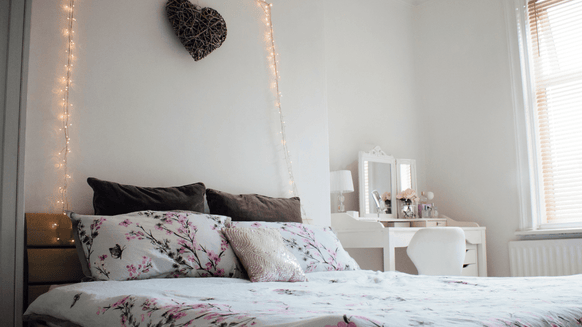Top Photography Tips For Beginners
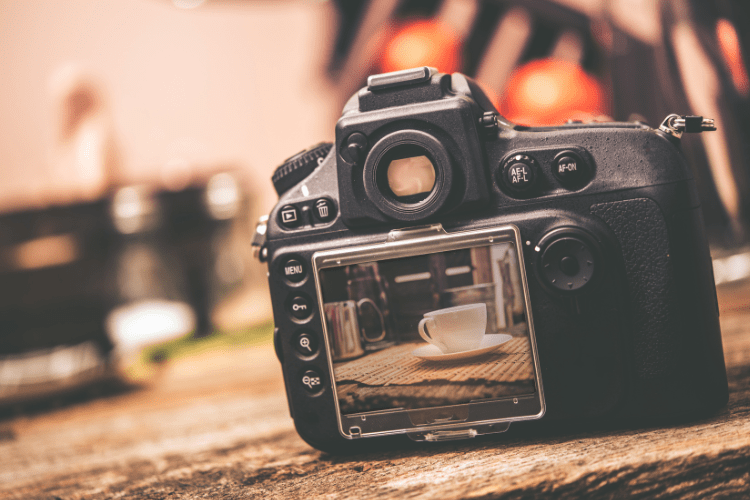
Have you recently had a break through moment of inspiration and now you want to take up photography? I can't blame you as it is a hobby I thoroughly enjoy. That being said like with any hobby the hardest part is where to start. You need to think about what equipment, skills, settings and knowledge you need. It can all seem intimidating but the pay off, of beautiful images is incredibly worth it. To help you get to that point quicker we thought that we would share with you our top photography tips for beginners.
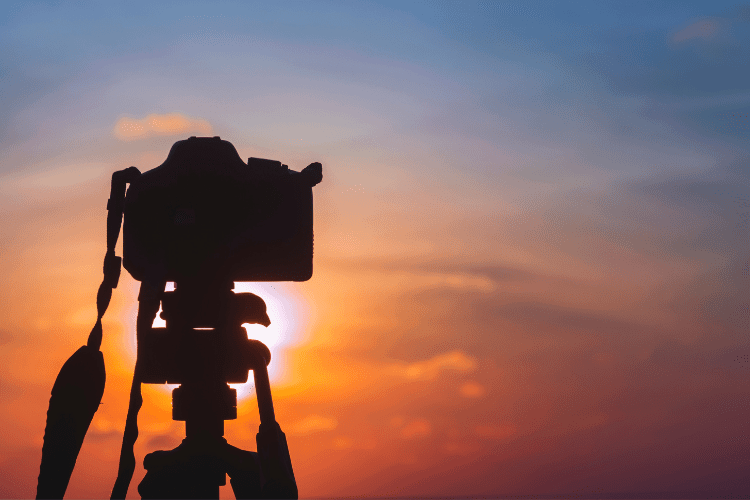
Starting Photography
Obviously like life, photography is an art, which means you'll never quite finish learning it. That being said you can continue to improve. Just like any other hobby the best way to improve is by practicing, making mistakes and taking advice. Before we dive into some tips lets start with style. By style I mean get yourself onto whatever internet drive you use or Pinterest and look into photo styles. Do you like portraits, editorial shoots, street photography or wildlife etc... Whilst it's good when you first start to practice as many different styles to see which you prefer, having an idea of what you hope to achieve is just as useful.
Research Your Equipment
One thing I can promise you is that your equipment does not make you a good photographer. Expensive and flashy items can always have their place, but you do not need to worry about them when you're just starting out. Consider the re-birth of the polaroid, whilst not as expensive people still gravitate towards them for the nostalgic look; there are even exhibitions solely based on polaroid images.
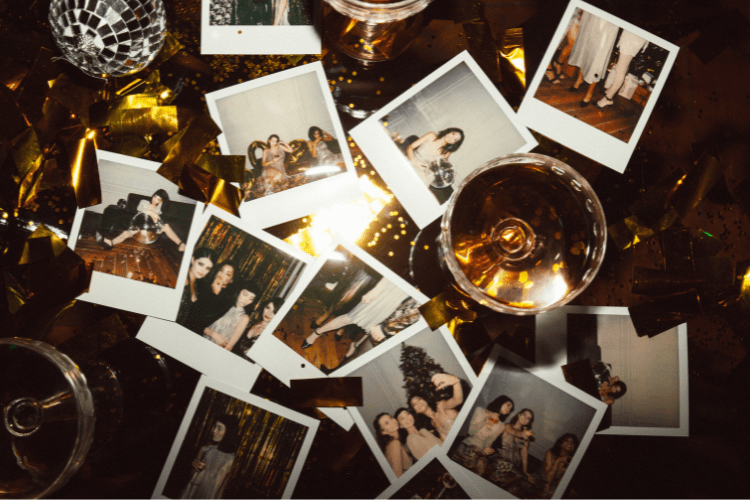
Ultimately we aren't saying don't get the expensive stuff but if you want to achieve a certain look or feel then research the items you need. Plus check out Preloved and see if you can get them second hand, this makes it easier to find something in your budget. When researching make sure that you are also hitting up the online photography forums and item reviews.
Take Lots Of Photos
They always say that practice makes perfect and they aren't wrong. That's why it's important to start finding your muse in everything that you walk past. Whether that is a blooming flower, old fashioned car, or some family playing sports, take whatever floats you boat. This is less about the quality of the photo or what the subject of the photo is but more the practice of it. Get used to holding your camera, looking through the view finder, focusing the lens. Spend a few hours a week practicing and trying different lights/compositions.
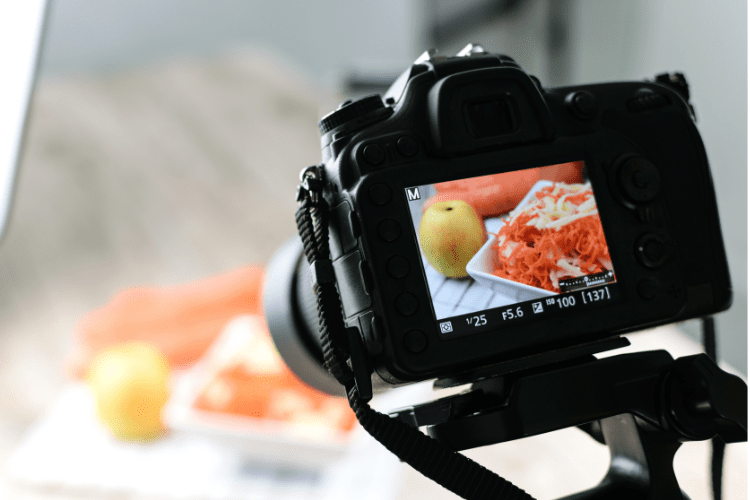
Read The Camera's Photography Manual
Just like the instructions to all things electrical reading them is mind numbing. A camera's manual is no different. However, just like all of the manuals that our Dad's tell us to read, they are incredibly helpful. Whilst this is by far the most boring aspect of starting your photography journey it's worth sitting through it. It will be important in your development as you can learn how to use your camera from the get go. We wouldn't suggest you read it in one big stint but read it all the same.
Try All Types Of Photography
Like we said, get an understanding and appreciation to all the different types of photography and try as many as possible. This is where you might find a love for something you hadn't even considered! But that's the best part! Being surprised by something new.
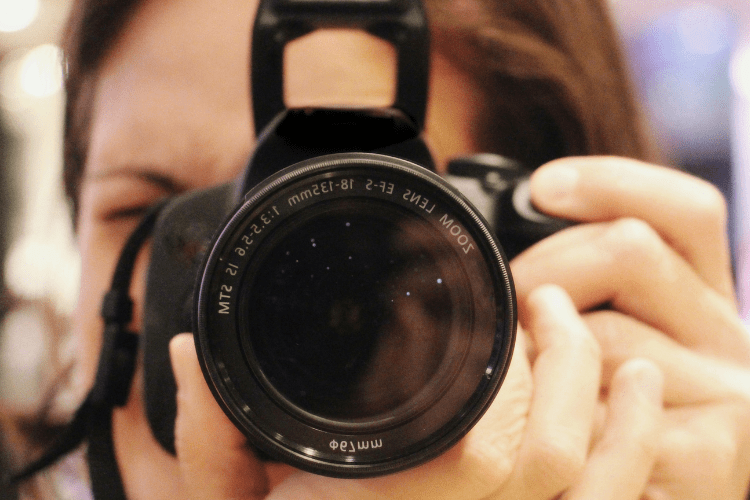
Start Shooting In RAW
RAW is a file format like jpeg, but instead of compressing the image they save all of the images data into the camera sensors. When you shot in RAW you will get a higher quality image and have more control over the post processing.
Do consider when getting your SD card that RAW images take up more space though. These images will also need to be put through post processing so you will need to invest in that as well. However, if you have the time and money then shooting in RAW is well worth it.
Learn About Your ISO & Aperture Settings
From reading your manual you will learn how to change these settings. The next step is to learn when you should change them. Certain ones will need to be changed for different lightings and subjects though. A low ISO setting will make your camera less sensitive to light, and a higher one will be more sensitive. During the day 100 to 200 ISO is ideal for shooting outdoors, but if you're inside or it's night you might want to change it to 400 to 800 or higher.
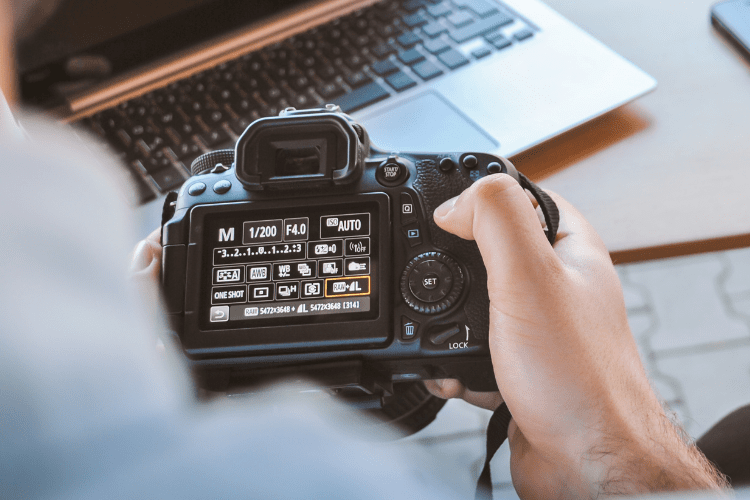
The Aperture is all about the opening in your lens and controls how much light is actually let in. A wider aperture, indicated by a lower f-number, is great to focus more on your subject and a narrower aperture, indicated by a higher f-number, let's less light through and will focus the whole scene in.
Finally you have the shooter speed. If the shutter speed is fast this is good for fast moving subjects, such as a sporting event. A longer shooter speed can hep to create blurs in the photos, such as urban photography shots.
Get A Photography Post Processing Program
When you get more into your photography editing will become your best friend. This is where you can really create your own style and format. Some people still show off their raw photos, and that is their style, so remember to do what suits you. There are free serves but they have limitations, but when you are starting try and find those free ones to try your hand at editing. Then when you understand more what you want to do you can look into purchasing some of the better programmes editing sites.
HAVE FUN
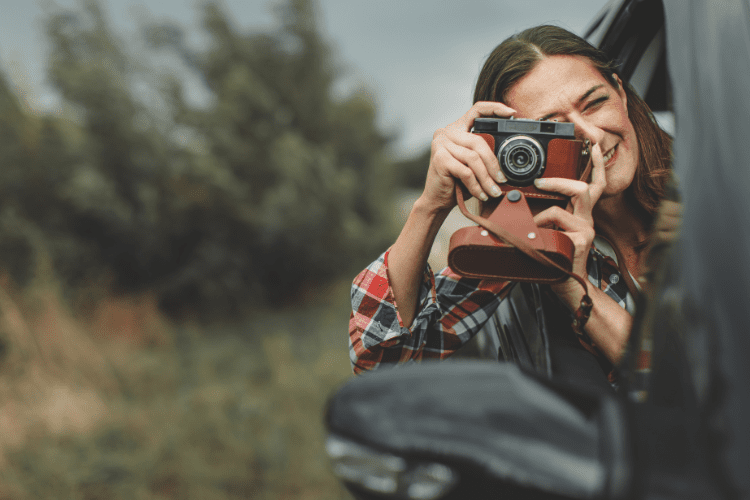
It might seem like there are so many steps and restrictions but all you need to do is grab your camera and head out. Take photos of what you want, and enjoy your time learning.

